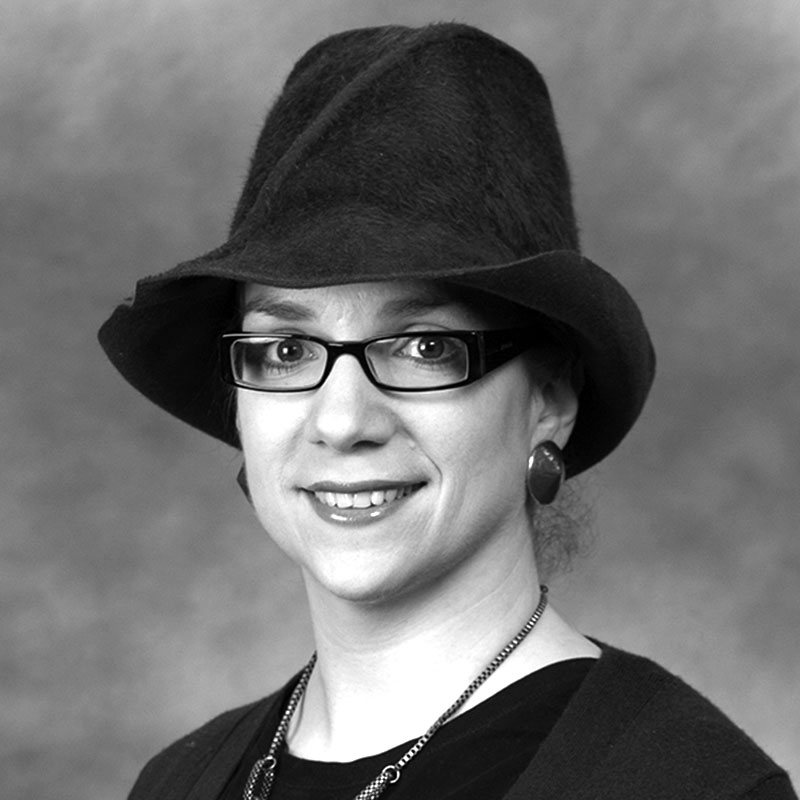Whe first time we tried to run educational programming on the use of social media and digital devices, it fell flat. Every grade at SAR High School in Riverdale, New York, has a Shabbaton — a weekend retreat — built around an educational theme. The 10th-grade Shabbaton had long been focused on a core question of Modern Orthodoxy: How do we live our religious commitments in engagement with the contemporary world? In 2022, we decided to update this Shabbaton to address technology and social media as a particular manifestation of that conundrum. Phones, computers, the internet, and social media are essential parts of our students’ lives. It was time to bring Jewish wisdom and values to bear on their use.
And yet the kids did not, as a student of mine once said, pick up what we were putting down. They said they’d heard it all before; that the adults seemed hectoring (they already knew how negatively we felt about technology); that we spoke way too much about pornography. And they told us we were hypocrites: They see us and the other adults in their lives staring nonstop at our screens, or texting while driving, just as much (if not more!) as they do. We’re all suffering from the same addiction.
Fair. But whatever the flaws of our first attempt, everything we heard from the kids that weekend confirmed how critical it is to address this topic within the context of Jewish ethics. The typical teenage fears of finding oneself and one’s place in the world are magnified when social media is omnipresent, when kids are subject to constant scrutiny and assessment across more time and space, and in front of more people, than ever before. And there are few rules to guide them. The line that we often said a decade ago — that we are digital immigrants unsure in this land, but the kids are digital natives, navigating more sure-footedly than we — proves not to be true. Native-born though they may be, in this new land where kids operate without adult supervision, they make serious mistakes, doing not-smart and not-nice things with their devices, harming others and incurring significant consequences themselves.

We realized that we had to find a way into the conversation that acknowledged both that technology is a valuable and indispensable tool in our students’ lives, and that it has many aspects that are not only harmful to kids, but that they don’t even want. So for this year’s Shabbaton, we’ll be asking students to actively reflect on questions like: In what ways do these devices, and the social-media apps you use on them, make you feel more connected? In what ways do they make you feel more alone? Which parts of this new landscape add joy and meaning and value to your life, and which make you feel emptier, more isolated, sadder, or angrier? Where do you want to recalibrate your use of technology, and where do you want to opt out of it entirely? As Modern Orthodox Jews, we want to be, as Rabbi Lord Jonathan Sacks once said, borrowing a popular verse from the Gospel of John, “in, but not of, the world,” using and even embracing new technologies and the opportunities they create without being swamped by them.
We have modeled this value — meeting head-on the challenges posed by the contemporary world in ways that are true to Jewish values and also honest about today’s realities — in other realms as well. We have invested significantly in educating about a healthy modern Jewish sexual ethic. We did so even though it is no small task to uphold halakhic norms and values, provide clear and accurate information, and engage kids where they are.
Now educators need to invest similarly in effectively developing and articulating a Jewish ethic of technology, again holding a dual commitment to our timeless values and to meeting young 21st-century Jews in their realities. It is not enough to simply clarify what we believe and what we think we should say; we must also ensure that we speak in a register that students are able to hear. There is too much at stake to sidestep this challenge, for the kinds of Jews and the kinds of human beings we hope our students will become.


